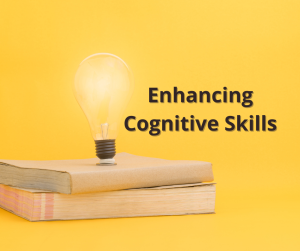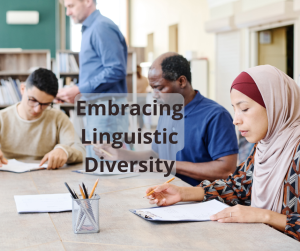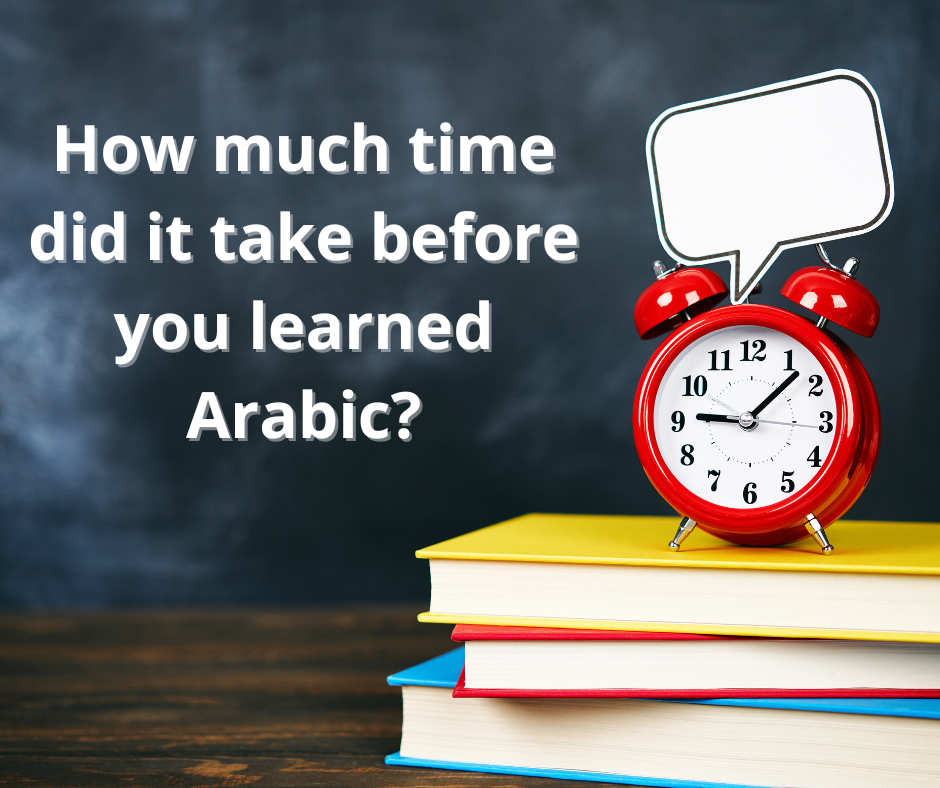Are you contemplating whether to embark on the journey of learning Arabic? It’s a decision that can open up a world of opportunities and enrich your life in ways you never imagined. In this article, we’ll explore 12 compelling reasons why saying “yes” to learning Arabic could be one of the best choices you’ll ever make.

1. Unlocking Doors to a Rich Culture
Learning Arabic allows you to delve into the depths of a culture steeped in history, art, literature, and traditions. From the poetry of Al-Mutanabbi to the intricate designs of Islamic architecture, Arabic culture offers a tapestry of wonders waiting to be explored.
2. Expanding Career Opportunities
In an increasingly globalized world, proficiency in Arabic can set you apart in various professional fields. Whether you’re interested in international business, journalism, diplomacy, or humanitarian work, knowledge of Arabic opens doors to exciting career prospects.
3. Fostering Global Connections
With over 300 million native speakers spanning diverse regions, Arabic serves as a bridge connecting communities across the Middle East, North Africa, and beyond. Learning Arabic enables you to communicate and connect with people from different backgrounds and cultures.
4. Exploring the Roots of Civilization
Arabic is the language of ancient civilizations that laid the foundations for modern society. By learning Arabic, you gain insights into the history, philosophy, and achievements of civilizations that have shaped the course of human history.
5. Deepening Religious Understanding
Arabic is the language of the Quran, the holy book of Islam, and plays a central role in Islamic theology and scholarship. Studying Arabic provides a deeper understanding of Islamic teachings, rituals, and values, fostering interfaith dialogue and mutual respect.

6. Enhancing Cognitive Skills
Learning Arabic stimulates cognitive functions such as memory, problem-solving, and multitasking. Its complex grammar and script challenge the brain, improving cognitive flexibility and linguistic abilities that extend beyond language learning.
7. Building Bridges Across Cultures
In an increasingly interconnected world, fostering cross-cultural understanding is essential for global harmony and cooperation. Learning Arabic enables you to engage with diverse perspectives, values, and traditions, fostering empathy and mutual respect.
8. Accessing Vast Literary Treasures
Arabic literature boasts a rich heritage spanning centuries, encompassing a diverse range of genres and styles. From the poetry of Ibn Arabi to the novels of Naguib Mahfouz, Arabic literature offers a wealth of literary treasures waiting to be discovered and appreciated.
9. Contributing to Diplomatic Endeavors
As a language of diplomacy and international relations, Arabic plays a crucial role in facilitating dialogue and cooperation on the global stage. Proficiency in Arabic enables individuals to participate in diplomatic negotiations, cultural exchanges, and conflict resolution efforts.

10. Embracing Linguistic Diversity
Learning Arabic opens your mind to the beauty and diversity of human language. With its intricate script and melodic sounds, Arabic offers a unique linguistic experience that expands your appreciation for the richness of language and communication.
11. Enriching Personal Growth
Studying Arabic is not just about acquiring language skills; it’s about personal growth and self-discovery. It challenges you to step outside your comfort zone, embrace new perspectives, and cultivate resilience and perseverance in the face of challenges.
12. Conclusion
In conclusion, the decision to learn Arabic is a gateway to endless possibilities and profound discoveries. Whether you’re drawn to its cultural richness, professional opportunities, or intellectual challenges, saying “yes” to learning Arabic is a transformative journey that enriches your life in countless ways.
FAQs
Is Arabic a difficult language to learn?
Arabic presents its challenges, but with dedication and practice, it is certainly attainable for learners of all levels.
How long does it take to learn Arabic?
The time it takes to learn Arabic varies depending on factors such as prior language experience, learning method, and dedication. With consistent practice, learners can make steady progress over time.
What are the best resources for learning Arabic?
Numerous resources, including textbooks, online courses, language exchange programs, and immersive experiences, are available to aid in learning Arabic. It’s essential to find resources that align with your learning style and goals.
Can I learn Arabic on my own?
Yes, many learners successfully teach themselves Arabic using a combination of resources, dedication, and practice. However, structured learning environments can also be beneficial, depending on individual preferences.
How can learning Arabic benefit my career?
Proficiency in Arabic opens doors to diverse career opportunities in fields such as diplomacy, international business, journalism, and academia. It enhances your resume and allows you to engage with Arabic-speaking communities on a deeper level.




